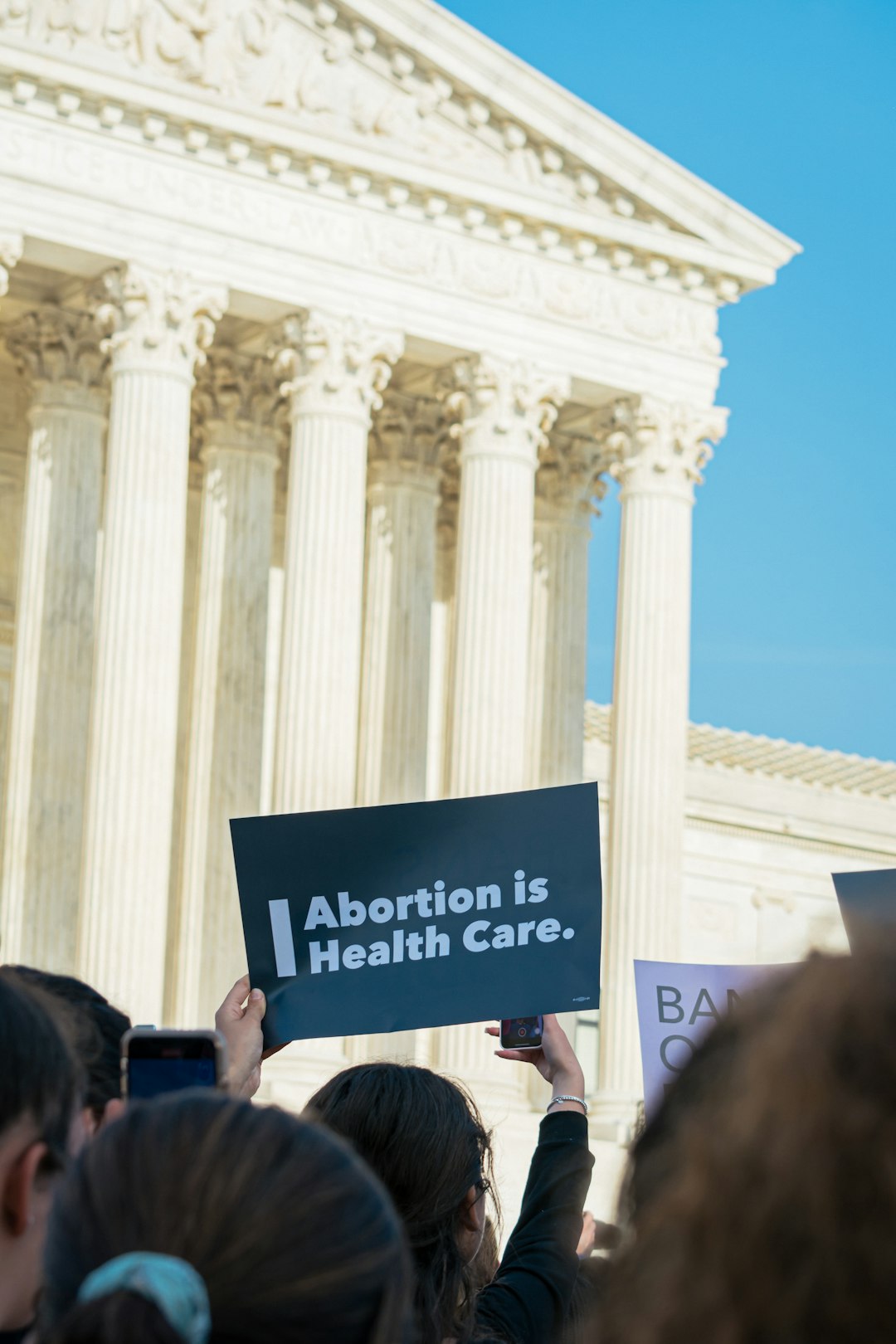Workplace discrimination is a pervasive issue that impacts countless employees across various industries. From gender and race to religious beliefs and sexual orientation, discrimination takes many forms and can have profound legal implications for both employers and employees. In this blog post, we will delve into the legal ramifications of workplace discrimination, the laws in place to protect employees from discriminatory practices, and the steps that both employers and employees can take to address and prevent discrimination in the workplace.
Discrimination in the workplace can manifest in a myriad of ways, including hiring and firing decisions, promotions, pay discrepancies, and harassment. This type of discrimination can have devastating effects on individuals, leading to decreased job satisfaction, lower productivity, and even mental health issues. From a legal standpoint, workplace discrimination is a violation of federal and state laws, and can result in serious consequences for employers who engage in discriminatory practices.
One of the primary laws that protect employees from discrimination in the workplace is Title VII of the Civil Rights Act of 1964. Title VII prohibits discrimination based on race, color, religion, sex, or national origin. Under Title VII, employers are prohibited from making hiring, firing, or promotional decisions based on an individual’s protected characteristics. Additionally, Title VII prohibits harassment based on these protected characteristics, creating a hostile work environment for employees.
The Americans with Disabilities Act (ADA) also protects employees from discrimination in the workplace. The ADA prohibits discrimination against individuals with disabilities and requires employers to provide reasonable accommodations for disabled employees. Employers are prohibited from discriminating against individuals with disabilities in hiring, firing, promotions, or any other aspect of employment.
In addition to federal laws, many states have their own laws that protect employees from discrimination in the workplace. For example, the California Fair Employment and Housing Act (FEHA) prohibits discrimination based on a number of protected characteristics, including race, religion, sex, sexual orientation, and disability. FEHA also prohibits harassment based on these protected characteristics. Employees who believe they have been discriminated against can file a complaint with the California Department of Fair Employment and Housing (DFEH) and seek legal recourse for their grievances.
The legal implications of workplace discrimination can be severe for employers who engage in discriminatory practices. Employers who violate federal or state anti-discrimination laws can face lawsuits, financial penalties, and damage to their reputation. In some cases, employers may be required to pay punitive damages to employees who have been discriminated against. Additionally, employers who engage in discriminatory practices may face negative publicity and damage to their brand, which can have long-lasting effects on their business.
Employers can take proactive steps to prevent workplace discrimination and protect themselves from legal consequences. It is essential for employers to establish clear anti-discrimination policies and procedures and ensure that all employees are aware of their rights and responsibilities. Employers should also provide training on diversity and inclusion to all employees, so they can recognize and address discriminatory behavior in the workplace.
Employees who believe they have been discriminated against in the workplace can take legal action to protect their rights and seek justice for their grievances. If an employee believes they have been discriminated against, they should document the incidents of discrimination and report them to their employer’s human resources department. If the employer fails to address the discrimination, employees can file a complaint with the appropriate state or federal agency, such as the Equal Employment Opportunity Commission (EEOC).
In conclusion, workplace discrimination has far-reaching legal implications for employers and employees alike. Discrimination in the workplace is a violation of federal and state laws and can result in serious consequences for employers who engage in discriminatory practices. Employees who have been discriminated against can take legal action to protect their rights and seek justice for their grievances. By understanding the legal implications of workplace discrimination and taking proactive steps to prevent discrimination, employers and employees can create a more inclusive and equitable work environment for all.

